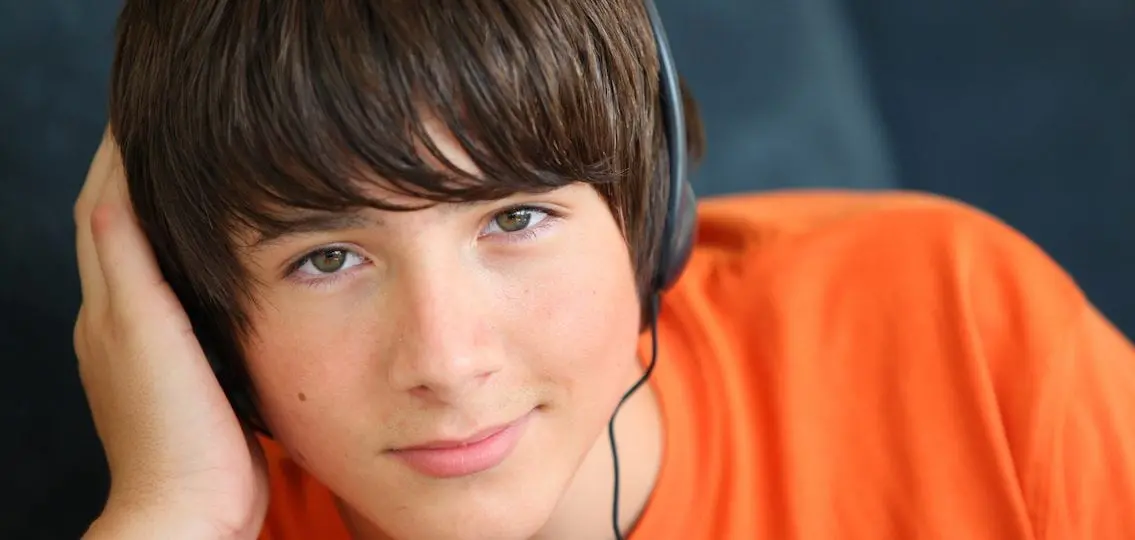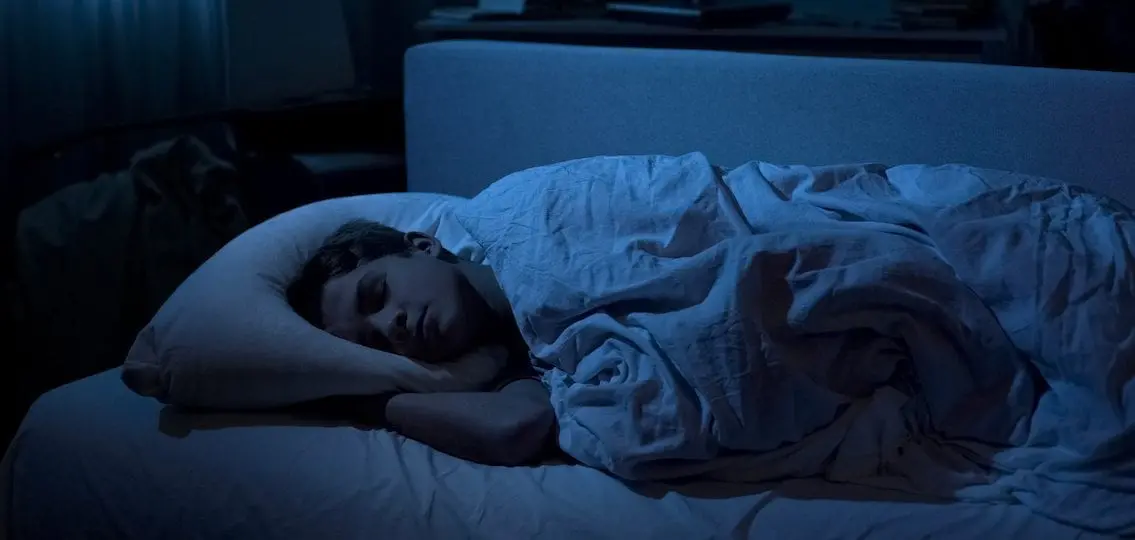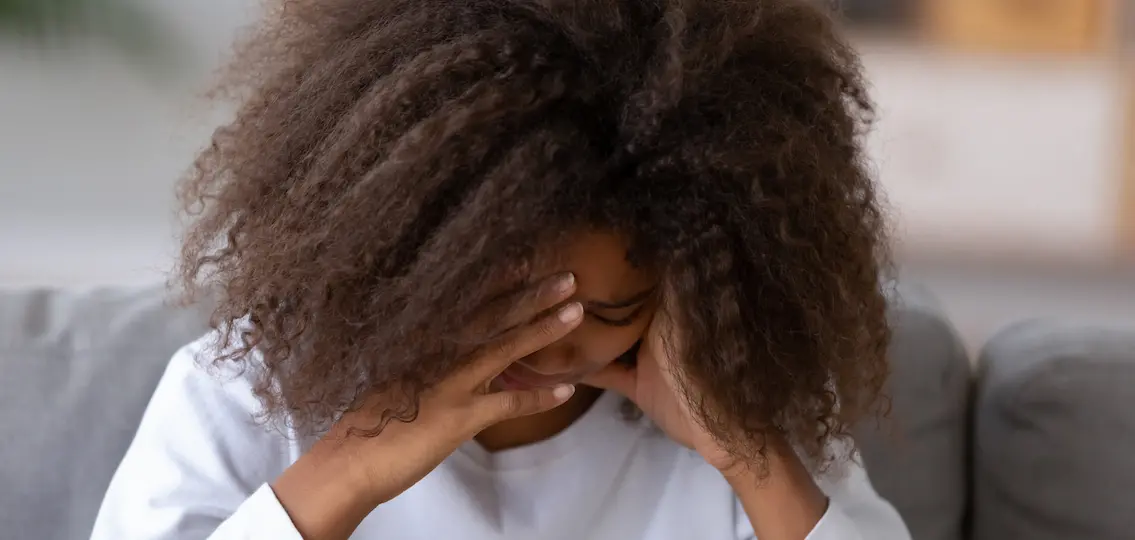Not only has John Duffy successfully parented his own teenager, but he has also helped countless teenagers and their parents through difficult times—particularly around issues like anxiety. We sat down with Duffy to learn about teenage anxiety and a project he’s working on with Darryl Roberts, director of the award-winning documentary “America the Beautiful.”
Q: How did you get involved in “Be Me Be Free?”
Duffy: About six months ago, Darryl Roberts called me about a project he’s working on called “Be Me Be Free,” about teen anxiety. Teenagers and young adults will submit their personal story about anxiety in any form that they choose.

Q: What happens once you receive the submission?
Duffy: Roberts, along with Shukree Tilghman, producer of This Is Us, will produce a film based on the story of one winner. The movie will air on Lifetime in 2019, and will be distributed to high schools, colleges, and mental health organizations.
Q: What drew you to be involved as a judge?
Duffy: I’ve been working with teenagers for about 25 years, and I have seen this anxiety spike in the last five or six years. I haven’t spoken to many teenagers over the last five or six years who don’t carry some anxiety.
Q: And you don’t believe that was present there before?
Duffy: Not to the same degree. Up until seven years ago or so, I never worked with anybody who refused to go to school. Now, I could fill my days with kids who are not in school.
It looks oppositional or defiant, but when you really pare it down and talk to a child about it for a while, you realize that there’s this feeling: I’m not resilient enough to make it through the day. There’s this pervasive anxiety. I’m afraid to talk to that teacher. I’m afraid I’m going to see this kid.
Q: Do you see a connection with the rise in helicopter parenting?
Duffy: Yes, I do. Especially in the gap between middle school and high school. The anxiety I see in parents jumps precipitously. You need to get really great grades; you need to be involved in all the important activities. In order to get into the school that you want to get into four years from now, we’ve got to get going now.
Kids are responding to parents’ anxiety in one of two ways. They become hyper-achieving, straight As, super involved, and perfectionistic. Or, I see kids who opt out altogether. I’m not going to do any homework, I’m going to sit around and play Fortnite or be on Snapchat or bake with my friends. Both sets of kids are just as anxious.
Q: How does this impact these kids in the long run?
Duffy: I see college freshmen who were used to so much outside regulation in their lives unable to manage in college. By Thanksgiving, they are back on my couch. They stopped going to class, they drank too much, they smoked too much. Something went wrong, and they’re trying to regroup. They left home and everything was bright and shiny and exciting, yet they end up trying to figure out what went wrong.
Q: How do you reverse this trend?
Duffy: While your child is under your roof, let them figure out this stuff on their own. Try to make yourself fully available when they need you, but without doing stuff for them. Over-regulating takes away the confidence that they can do this, and that is anxiety provoking. They need to learn that they are capable on their own—that they can manage the world outside of the house. This is a fundamental lesson of adolescence.
If you can back off a little bit, then you have the bandwidth at the end of the day to tell your son, “Good job, I see you did a lot of homework today. Is there anything you need?” Little nudges: “You’re doing this really well.” Or, “Do you think you need to spend another half hour studying for that thing you were telling me about?” That’s how kids learn to regulate.
Q: But we worry that they will fail.
Duffy: The beauty of it is that it’s rarely catastrophic. Okay, they got Ds and a couple of Fs. What went off the rails here; you’re obviously brighter than that. It’s a discussion to engage in with the teenager. Almost any report card, so long as your child is drawing breath, is just a report card. It’s just a situation to handle.

I think the hard part, when you’re parenting somebody and you’re anxious, is that you lose sight of the goals. I always come back to, “Why are you here to see me?” Usually it comes down to, when my child goes off to college or their next adventure in life, I want them to feel confident, I want them to be resilient, and I want to have a connection with them. That’s the end goal.




